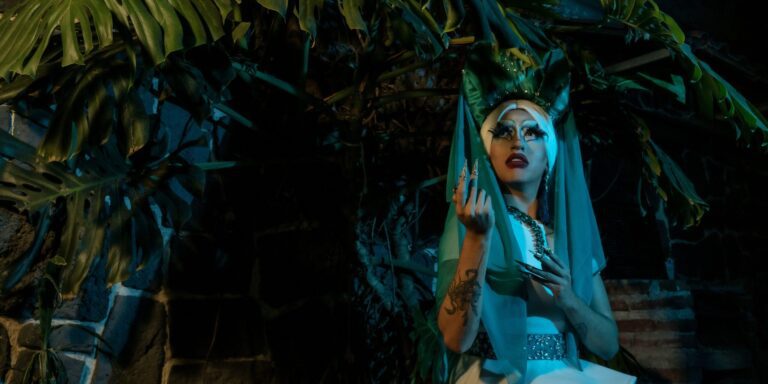Country music star Orville Peck has stepped into the spotlight in a new way, shedding his signature mask to portray the enigmatic Emcee in the Broadway revival of Cabaret at the August Wilson Theatre. This role marks a significant departure for the artist, known for his veiled persona and haunting baritone, as he embraces vulnerability and theatricality in a live theater setting.
Peck, who began his 16-week engagement on March 31 alongside two-time Tony nominee Eva Noblezada as Sally Bowles, describes the experience as both challenging and liberating. “I’ve played Madison Square Garden, and sometimes that feels easier playing to 20,000 people than playing to something that feels intimate,” he shared, highlighting the unique demands of performing in the round, where audience members are mere feet away .
The South African-born, Canadian-raised singer’s background in classical theater, including training at the London Academy of Music and Dramatic Art (LAMDA), has informed his approach to the role. After years focused on his music career, Peck’s return to the stage coincides with personal growth, including achieving sobriety. He notes that these experiences have deepened his connection to the Emcee’s complex character, allowing for a more nuanced performance .
Performing without his mask, Peck confronts a new level of exposure. While he resumes wearing it during curtain calls to maintain his public persona, the decision to perform unmasked underscores the authenticity he brings to the role. “You feel a lot more naked… there’s a very vulnerability to that,” he admitted, emphasizing the emotional intensity of the production .
The revival, directed by Rebecca Frecknall, has transformed the August Wilson Theatre into the immersive Kit Kat Club, offering audiences an intimate and engaging experience. Peck’s portrayal of the Emcee has been met with critical acclaim, with reviewers praising his ability to blend his musical talents with the demands of live theater .
Looking ahead, Peck expresses a desire to continue exploring theatrical roles, stating, “It is not the last time you’ll see me on stage.” His performance in Cabaret not only signifies a personal milestone but also contributes to the ongoing dialogue about identity and expression in contemporary theater.


